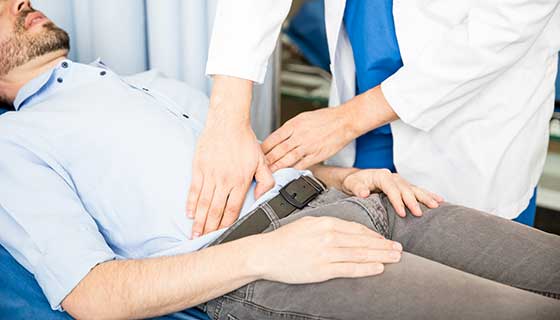Track Categories
The track category is the heading under which your abstract will be reviewed and later published in the conference printed matters if accepted. During the submission process, you will be asked to select one track category for your abstract.
Urology is a specialty of medicine that deals with the treatment of male and female urinary tract disorders and male reproductive organs. Urologists, healthcare professionals who are qualified to identify, recognize and treat this category of disorders and diseases, are called people practicing in the field of urology. Those affecting the kidneys, the ureters (tubes linking the kidneys to the bladder), the adrenal glands, the bladder and the urethra (the tube that carries urine from the bladder out of the body) are the conditions that urologists may handle. The urology area includes the medical management of conditions such as urinary tract infection and prostate enlargement through to the clinical treatment of conditions like bladder cancer, prostate cancer, kidney stones and incontinence of stress.
A broad range of disorders are defined by the word 'urological diseases', all related to the filtering and transport of urine out of the body. Men, women and children of all ages can be affected by these diseases. Such diseases affect areas of the body that are very unique. They include the urinary tract in females. They control the urinary tract or the reproductive organs in males. While there are many general urological conditions affecting both men and women, some problems are specific to men, such as prostate cancer, cystocele, while the problems are considered 'normal' urological conditions in women. Overactive bladder, urinary incontinence, urinary tract infections and interstitial cystitis (chronic pelvic pain) mainly impact women. For pelvic organ prolapse, they are often regularly treated.
The urinary tract system is one of the main organs that make up the bladder. It has two primary roles: urine storage and voiding. In basic words, via the ureter, the kidneys drain their contents into the bladder where urine is deposited before emptying. This organ plays a vital role in keeping urine flowing in the right direction, stopping urine from flowing back into the kidneys. This external flow ensures that waste material is regularly removed from the urinary tract. If, because of inflammation, stones or tumours, it does not work properly, a urologist is also consulted to treat these conditions.
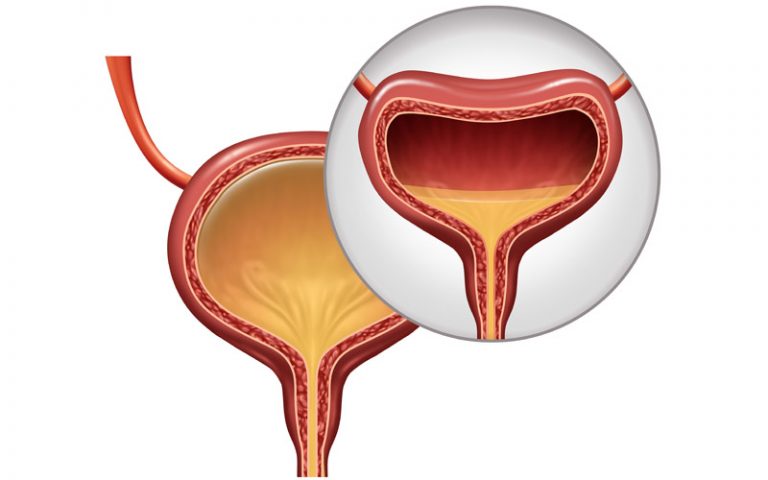
A pouch, pocket or sac that protrudes from the bladder wall is a bladder diverticulum. Two forms of bladder diverticulum are available: congenital and acquired. Congenital means that with this pouch the person was born; acquired means that the pouch originated from a health condition that affected the bladder. Patients diagnosed with this condition may have developed more than one pouch. In infancy or by prenatal ultrasound, congenital diverticula is usually diagnosed. Acquired bladder diverticula from an enlarged prostate, urethral stricture, or neurological condition are mostly attributed to bladder outlet obstruction. For other factors, they are also observed accidentally on imaging.

A minimally invasive surgical option that requires the implantation of a small medical device to stimulate the sacral nerve is sacral nerve stimulation (SNS). Medtronic developed the InterStim system, and the U.S. approved it for use. Administration of Food and Drugs (FDA) in 1997. The InterStim system sends the sacral nerves situated just above the tail bone with moderate electrical pulses. Muscles and organs that contribute to urinary function are activated or inhibited by the sacral nerves. These involve muscles in the bladder, sphincter and pelvic floor. In order to suppress, or decrease, some bladder control functions, this electrical stimulation is intended to facilitate contact between the brain and the bladder.
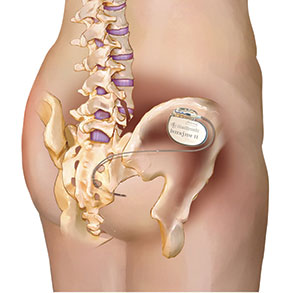
Kidney stones are known to most people, but stones can develop in all organs along the urinary tract which are bladder stones: the kidneys, the ureters, the urethra, and the bladder. As mineral deposits in urine start crystallising and forming a hard mass, bladder stones grow. Men, women, and kids may be affected by these stones, but men are more likely to grow stones as they age. Under normal conditions, during urination, urine is released from the bladder daily. Nevertheless, some conditions can cause the bladder to empty completely. The crystallisation process and the production of bladder stones will begin with urine that remains in the bladder.
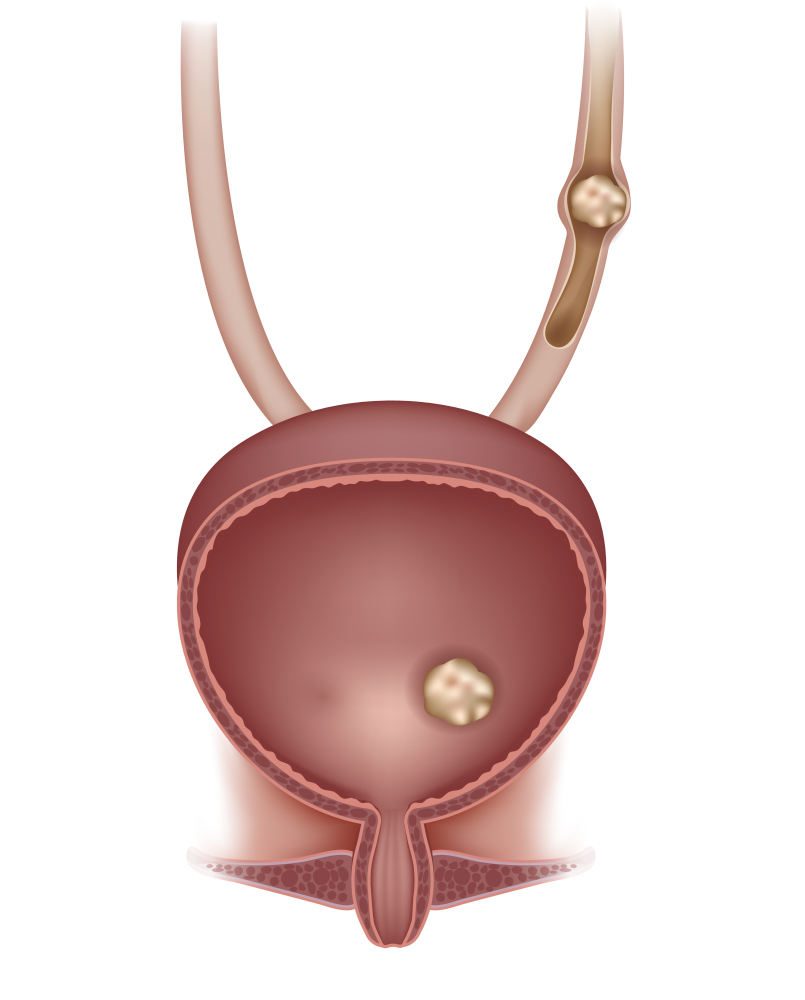
An inflammatory process in the bladder and/or urinary tract that is triggered by the presence of bacteria is a urinary tract infection, or UTI. Approximately 50 percent of women would grow a lifetime UTI. It may cause severe medical complications if a UTI spreads to the kidneys or into the bloodstream. It is also very critical that a urinary tract infection is correctly detected and treated as soon as possible. Compared with males, women are more likely to develop UTIs, since their urethra is much shorter. For men, a kidney stone or an enlarged prostate may be detected by a UTI.
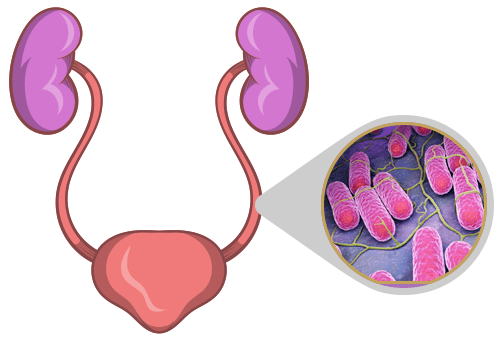
Urologists treat many conditions related to the urinary and male reproductive systems. Among these conditions are different forms of urologic cancers. Urologic cancers include: bladder, kidney, prostate, testicular, ureteral, urethral, penile, adrenal and upper urinary tract cancer. The treatment of genitourinary cancer is managed by either a urologist or an oncologist, depending on the treatment type (surgical or medical). Most urologic oncologists in western countries use minimally invasive techniques (laparoscopy or endourology, robotic-assisted surgery) to manage urologic cancers amenable to surgical management.
An urodynamics study may be recommended by a Urologist if an individual has problems with storing or voidingurine. Urodynamics is a valuable tool for individuals diagnosed with urinary incontinence including frequent and urgent urination. Essentially, urodynamics testing captures how well the bladder is functioning, while measuring its ability to retain and expel urine. Urodynamics testing is simple, virtually painless, and can be performed easily in an office setting.
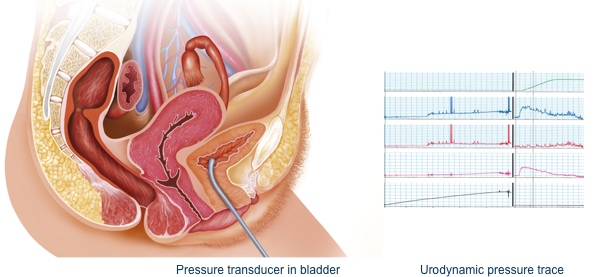
Pediatric urology is a medical surgical subspecialty that deals with disorders of the genitourinary systems of children. For both boys and girls, paediatric urologists offer treatment ranging from birth to early adult age. The most common conditions are those concerning urination, reproductive organs and testicular disorders.

Reproductive health isn't about sex alone. It's a bit of a systematic programme of prosperity starting from the beginning that reveals and recognises the mechanisms and physiology of their bodies' life. Conceptive prosperity implies that people can have a sexual conjunction that is trustworthy, fulfilling and increasingly stable, and that they can imitate and choose if, when and how to do all things considered routinely. Sexual and Reproductive Healthism is associated with different human rights, including the benefit of life, the benefit of being free from torment, the benefit of achievement, the benefit of validation, the benefit of getting ready, and the denial of imprisonment.
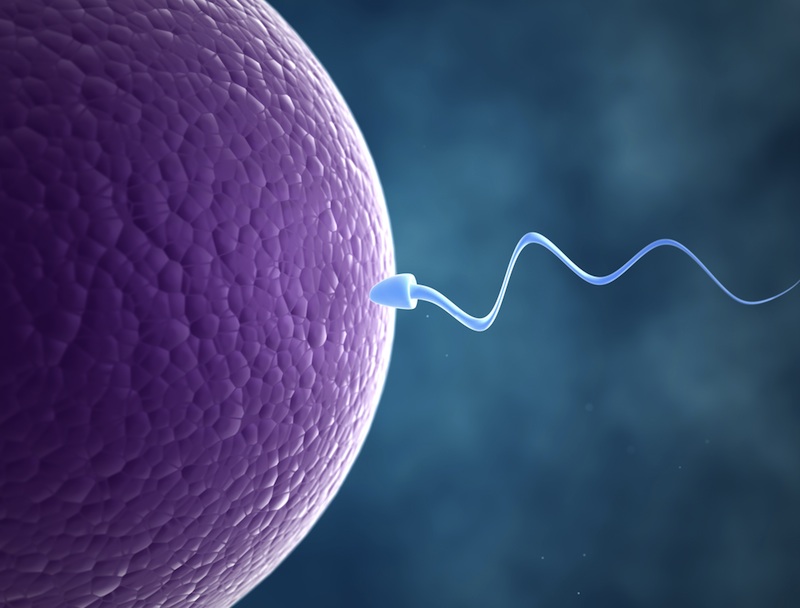
Pelvic organ prolapse (POP) occurs when an organ, such as the bladder, in the pelvic region falls into the lower pelvis, vagina, or outside the body from its normal place. The whole organ, or part of an organ, can require the prolapse of an organ. The urethra, bladder, uterus, small intestines, sigmoid colon , rectum, and vagina may be included in these organs. The weakness of the pelvic muscles keeping organs in place is the most common cause of pelvic organ prolapse. When pelvic muscles have been weakened and/or stretched, prolapse often occurs after childbirth (vaginal delivery). Patients who undergo multiple forms of prolapse are diagnosed and treated by urologists. The prolapse of the pelvic organ is commonly characterised as an anterior , posterior or apical vaginal wall prolapse
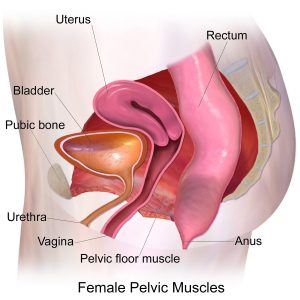
Urinary incontinence is an issue of bladder control that causes urinary leakage that is involuntary. Millions of Americans suffer urine leakage, and it is most common in women. Problems with bladder control are not a common part of ageing, and can be stressful as well as humiliating. Urinary incontinence, contributing to social isolation, may also discourage those affected from engaging in sports. Although some treatment options are available, more than 50 percent of those suffering from incontinence do not seek help. In women, chronic incontinence is most prevalent, although in men it does occur. A temporary loss of bladder regulation that can be fixed with therapy is acute incontinence.
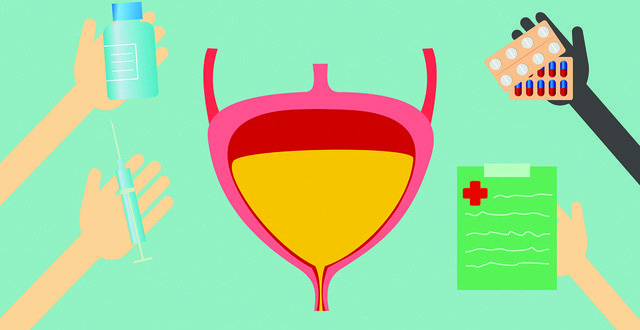
A fistula is an unnatural passageway not usually connected between two parts of the inner body. A number of urinary fistulas arising between the urinary system and other structures are diagnosed and treated by urologists. Other urinary organs may attach to female reproductive organs along with the bladder. It is called a vesicovaginal fistula when a fisture occurs between the urinary tract and the vagina. They can develop prostate-rectal fistulas when men are treated for prostate cancer. These can take place after an open or robotic laparoscopy, radiation seed placement, or cryotherapy. A rectourethral fistula can also occur as a result of prostate treatment with High Intensity Centered Ultrasound (HIFU).
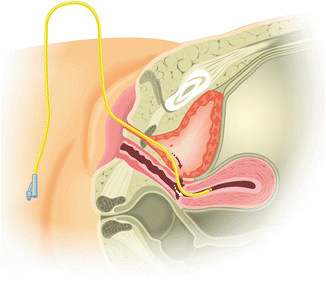
The kidneys in the urinary system are essential organs. They work to pump blood and to help stabilise blood pressure. When the kidneys filter blood, urine is the result of the process of filtration. Individuals are born with a pair of kidneys that are on the right and left side of the body in the upper part of the abdominal cavity. The kidneys have an upper adrenal gland and a lower ureter. The ureters are used to transfer urine to the bladder from the kidneys to expel it from the body. About one quarter of the overall blood volume of an individual circulates through the kidneys at any given time. A nephrologist or urologist would be consulted if the kidneys do not function correctly.
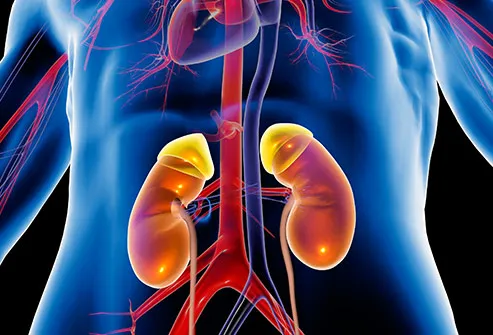
Renal Nursing is a structured effort to improve nursing awareness through systematic investigation by finding new information. It includes: improvement in patient care, reduced cost of the provision of kidney care, transparency and litigation security, extension to the current nursing information body, improvement of nursing as a discipline. The area of nursing is renal care nursing, with an emphasis on the most serious concern of chronic kidney patients who are discriminatingly ill or dysfunctional. Contamination revultation and nursing consideration is a practical (as opposed to scholastic) sub-order of the study of disease transmission, the regulation concerned with turning away nosocomial or health awareness-related disease. Infants that need increased restorative attention are routinely given severe care and nursing attention in a special region of the clinic called the Neonatal.

Renal nutrition is a diet which is prescribed during chronic renal failure. The principal sources of energy are Carbohydrates and fats. A renal diet is one that is low in sodium, phosphorous and protein. A few patients may likewise need to breaking point potassium and even calcium. Each people body is distinctive, and in this manner, it is vital that a renal dietician work with every patient to think of an eating regimen that is custom-made to his or her needs. Renal nutrition is concerned with ensuring that patients with kidney disorders eat the right foods to make dialysis efficient and improve health.

Renal cancer is a condition in which cancer cells are located in the lining of the tubules in the kidney (also called renal adenocarcinoma or renal cell cancer). We have two kidneys, one on either side of the spinal cord, just above the waist, behind the peritoneum. The blood is purified by small tubules in the kidneys. As urine, unabsorbed products formed. "Through a long tube called the bladder, the produced urine goes into the bladder. The urine is put away in the bladder until leaves through the urethra from the body." The urine is stored in the bladder until leaves through the urethra from the body. For much of its course, kidney cancer can remain clinically occult. In patients with metastatic disease, immunomodulatory agents and targeted treatment are the standard of care.

Kidney cysts are sacs that are filled with fluid and develop on the outside or inside of the kidneys. They are also regarded as 'simple' cysts that do not need therapy. They can, however, get infected, burst, or cause obstructions. Simple kidney cysts are often detected during an imaging test performed for another condition. Simple kidney cysts that don't cause signs or symptoms usually don't require treatment.

An artificial sphincter is an implanted system that has been designed to regulate urine flow manually. For men who have urinary incontinence that has not been regulated by more conservative approaches, this system is an alternative. This also includes men who have undergone a radical prostatectomy (removal of the prostate gland) or have undergone prostate cancer radiation therapy.

Urology is a super surgical specialty, to tackle the broad variety of problems seen in these patients, the urologist requires the expertise of internal medicine, paediatrics, gynaecology and other specialties. From the beginning of the institution, study in urology began as part of the Department of Surgery. The management took the decision to set up a fully-fledged Urology Department in order to provide patients with better treatment and to launch super-specialty urology training.Used to break down kidney stones into smaller fragments, ultrasonic stone disintegration devices allow them to pass out without any surgery needed. The urinary passage is visualised by a cystoscope and endoscope and more
